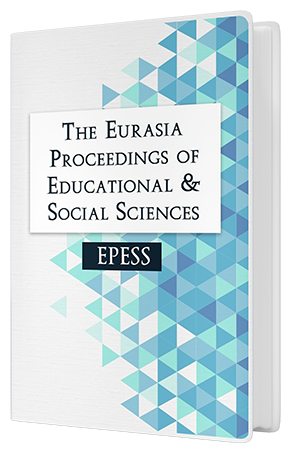Micro:Bit Immplementation in ICT Education
Keywords:
Micro:bit, STEAM education, School, ProgrammingAbstract
Our civilization has moved deep into the computer society. Unlike the economy, schools very slow carry out the necessary transformations. The application of different technologies in the educational process, on the one hand, accelerates the teaching process while on the other hand it makes it more interesting and acceptable to participants. Therefore, various initiatives have been launched aiming at a faster transformation of the school system. With an ubiquitous trend of accent on the STEM area, the logical way of solving problems is the foundation of development. Programming logic is recognized as a tool that will be the basis for any business. In search of affordable solutions, in order to cover as many of today's pupils as possible, Micro:bit are selected. Micro:bit can also be used to enhance computational thinking, learning, and problem-solving across disciplines. More than 30 countries around the world began to use Micro:bits in their education systems. In Croatia, this was accomplished through various projects involving almost all school institutions and spreading across libraries across the country. The aim of this paper is to show that projects with a high impact on education can be realized with a small amount of funds. We will show some of the started projects, the correlation they have created among subjects in school and generations of children. The impact that a Micro:bit has on education in Croatia is indisputable and therefore we will try to give examples of good practices described in the projects for future use of this technology in teaching.Downloads
Published
Issue
Section
License
Copyright (c) 2018 The Eurasia Proceedings of Educational and Social Sciences

This work is licensed under a Creative Commons Attribution-NonCommercial-ShareAlike 4.0 International License.
The articles may be used for research, teaching, and private study purposes. Any substantial or systematic reproduction, redistribution, reselling, loan, sub-licensing, systematic supply, or distribution in any form to anyone is expressly forbidden. Authors alone are responsible for the contents of their articles. The journal owns the copyright of the articles. The publisher shall not be liable for any loss, actions, claims, proceedings, demand, or costs or damages whatsoever or howsoever caused arising directly or indirectly in connection with or arising out of the use of the research material. All authors are requested to disclose any actual or potential conflict of interest including any financial, personal or other relationships with other people or organizations regarding the submitted work.




